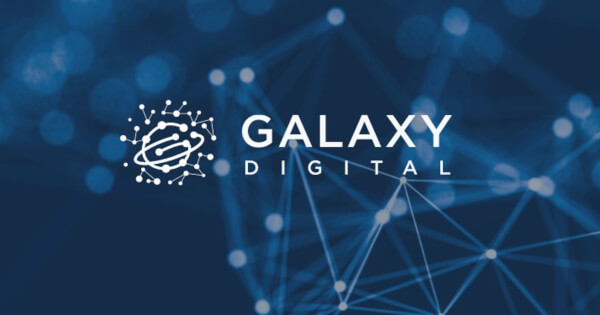Ethereum Developers Discuss Pectra Upgrade and Resource Constraints in ACDC Call #141
Ted Hisokawa Sep 07, 2024 01:28
Ethereum developers convened for ACDC call #141 to discuss updates to the Pectra upgrade and issues related to proof computation for home stakers.

On September 5, 2024, Ethereum developers gathered over Zoom for All Core Developers Consensus (ACDC) call #141, a biweekly meeting series where developers discuss and coordinate changes to the consensus layer (CL) of Ethereum, also known as the Beacon Chain. The call was chaired by Ethereum Foundation (EF) Researcher Alex Stokes.
Pectra Devnet 2
Debugging efforts on Pectra Devnet 2 are nearing completion. Prysm developer Terence Tsao reported that his team resolved a non-finality bug identified on the devnet and has not encountered further issues. EF Developer Operations Engineer Parithosh Jayanthi confirmed that with the Prysm bug fixed, Pectra Devnet 2 can be deprecated.
Jayanthi also mentioned that not all client teams need to be ready to launch Pectra Devnet 3. The devnet can go live with a few implementations, and others can be added later. Stokes noted that issues with EIP 7702 may need to be addressed in execution layer (EL) clients before they can be added to the devnet.
Pectra Specification Updates
Several updates to the Pectra implementation on the CL side were discussed. The first was an update to EIP 7251, resolving an edge case where the correlation penalty applied to validators with a high amount of staked ETH was incorrectly computed. This fix is in its final review phase and will be merged into Pectra CL specifications soon.
Another update involved improving the efficiency of accessing and storing certain components of the EL payload in the Beacon block body. This change is also nearing finalization.
Geth developer Felix Lange proposed a new strategy for improving the communication of validator withdrawals and consolidation requests from the EL to the CL. This proposal aims to reduce unnecessary overhead for EL and CL clients.
Teku developer Mikhail Kalinin discussed the creation of a deposit requests queue to avoid unnecessary load on CL clients during spikes in deposit activity. This queue is also designed to prevent frontrunning attacks on withdrawals. Nimbus developer Jacek Sieka supported this idea, noting that it would make deposit caching less error-prone.
Various refinements of Ethereum’s networking layer based on EIP 7549 were also discussed. These changes aim to improve CL clients' hash computation and bandwidth.
PeerDAS Devnet 2
The latest implementation of PeerDAS is being tested locally by clients. Both the Lodestar and Nimbus teams are running a new Kurtosis configuration that spins up a private testnet. PeerDAS Devnet 2 is expected to be based on the Pectra upgrade.
Stokes recommended reutilizing the stress tests used for the Deneb upgrade on PeerDAS testnets and increasing the blob count based on EIP 7742.
PeerDAS Proof Computations
Developers discussed how to handle proof computation for validators running on resource-constrained devices. EF Researcher Dankrad Feist suggested expediting research into distributed block building to allow home stakers to avoid proof computation and rely on more powerful nodes.
Stokes recommended moving ahead with a solution that prepares blobs on the CL to reduce computational load. He asked Feist to create a group or Discord channel to start work on this asynchronously from the call.
Research Discussion
Nimbus developer “Dustin” proposed removing all mentions of SSZ unions from CL specifications since they are not used in CL clients. This proposal aims to better align CL specifications with existing client implementations. The Portal team, which uses SSZ unions in some way, will be consulted before finalizing the removal.
Developers reaffirmed the importance of the Portal network to the Ethereum protocol, emphasizing that it is heavily funded and supported by the EF.
For more details, the full write-up can be found on galaxy.com.
Image source: Shutterstock.jpg)